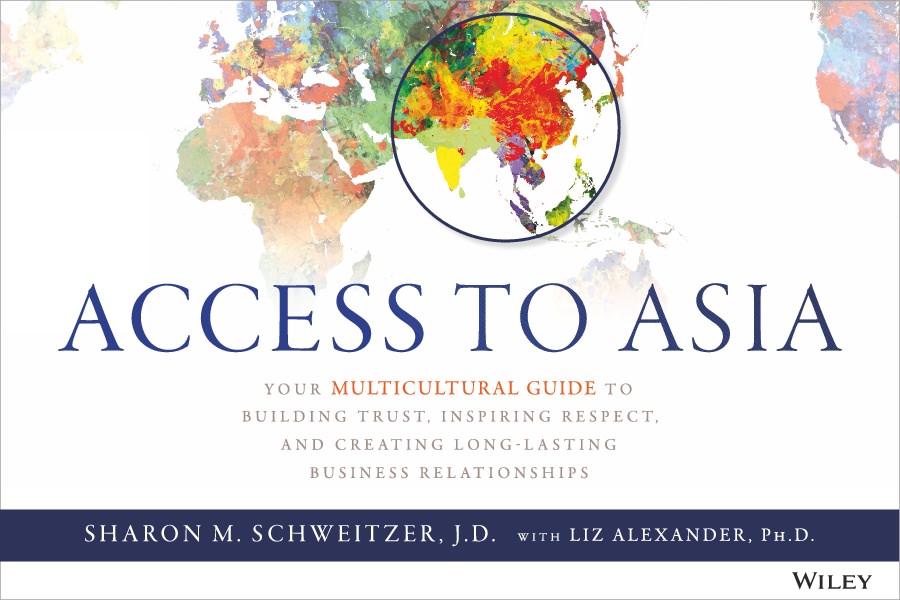After I’d been speaking on a radio show about the many ways we can all become more effective global businesspeople, I received the following email:
Dear Sharon,
What is so important about self-awareness when doing business internationally?
Signed, Canadian business-traveler
I responded at first by pointing out that we’re all in the relationship business these days, especially when interacting with Asians for whom relationships are key to business success. Not least because business professionals from Asia will seek to figure out where you’re from and how you fit into their hierarchy.
If you think about the word relationship for a moment, it speaks to a dynamic—involving two or more individuals or things. We cannot determine where we stand in relation to another culture until we have a better handle on ourselves. Another important aspect I shared with my Canadian inquirer was what it is specifically about self-awareness that is so important. It is crucial to factor in self-awareness when conducting business in Asia (and worldwide to a certain extent) or you will be unaware that this dynamic is occurring and will therefore be conducting business at a distinct disadvantage.
It was for this reason that a Self-Awareness exercise became a key feature of my book Access to Asia, appearing at the end of each of the 10 Asian country chapters, as well as the chapter on the United States.
Each self-awareness profile prompts you to self-identify where you currently stand on topics related to important cross-cultural questions including whether people in that culture prefer to act individually or as a group; how they view power and authority; and how formal or informal they tend to be.
Let me illustrate this with an example. Take a moment to think about your own interpersonal style or level of formality in business interactions and compare that with what you may expect to see when doing business in China.
The Chinese have a tendency toward formality, as shown on the continuum below:
Example
How formal do the Chinese tend to be in business? (Note: numbers set in bold indicate the prevailing cultural preference.)

Now plot your own position on that continuum and consider the distance between your preferred style and that found in China. For example, if you tend to be someone who likes and is comfortable with formality, you will undoubtedly find it easy to adapt to that aspect of Chinese business culture. However, if you are someone more comfortable with showing emotion in business dealings, find formality tedious, and tend to call people you’ve just met by their first names, then it may be wise to consider global acumen training before going to China.
That, Dear Canadian Business Traveler, is why self awareness is such an important factor to consider when doing global business.
Sharon Schweitzer JD is a cross-cultural consultant, corporate trainer, and the international award winning author of Access to Asia. Her work and travels have taken her to over 60 countries on seven continents, and she has over 20 years’ experience providing consulting and training to more than 100,000 attorneys and corporate executives in law firms and global corporations. She has been quoted by the New York Times, Fortune Magazine, and numerous international media outlets. Connect at www.sharonschweitzer.com.


Leave A Comment